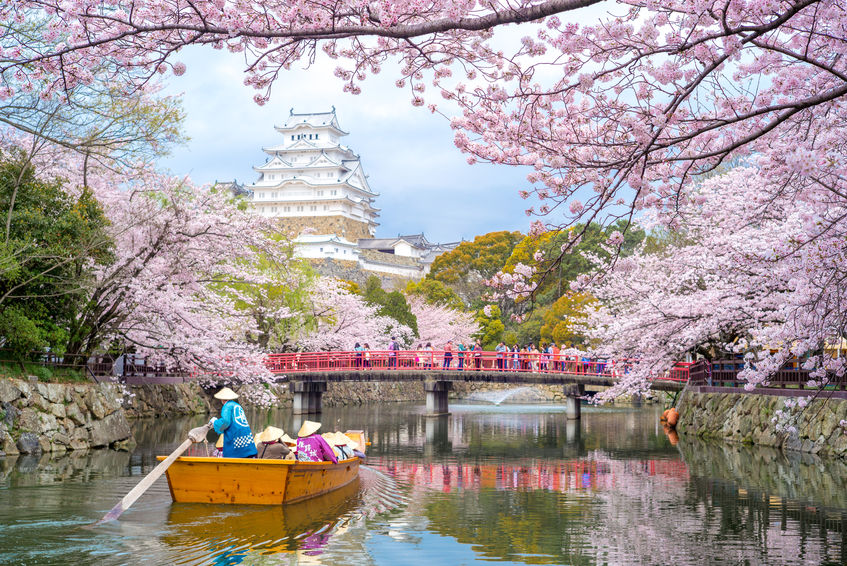Are Antidepressants illegal in Japan?

Are Antidepressants illegal in Japan?
Understanding Antidepressants in Japan: Legal Differences and Cultural Attitudes
Introduction
Japan, a country often celebrated for its striking culture, innovation, and dedication to holistic wellness, also faces complex challenges in mental health care. A particularly fascinating issue is the perceived understanding and legality of antidepressants. This article aims to shed light on the status of antidepressants in Japan and challenge the misconception that they may be illegal.
The Role of Antidepressants
Antidepressants are medical drugs employed to mitigate symptoms of depression and a range of related mental health disorders, such as anxiety disorders, certain chronic pain conditions, and some forms of addiction. They work by balancing the levels of specific neurotransmitters in the brain, which are implicated in mood and behavioral shifts.
The Legality of Antidepressants in Japan
Are antidepressants illegal in Japan? Contrary to some misconceptions, antidepressants are not categorically illegal in Japan. Japan’s healthcare framework permits the prescription and administration of various antidepressants in a manner comparable to many other developed countries. However, societal attitudes towards mental health, combined with the accessibility of specific types of antidepressants, can significantly impact the broader understanding of their use.
Cultural Considerations and Antidepressants
Japan’s culture, which traditionally values social harmony and stoicism, can inadvertently stigmatize mental health. This stigma often positions discussions of mental health as a social taboo, which may deter individuals from seeking essential help, including treatment through antidepressants. In addition, there is a noted caution among many Japanese physicians when prescribing medications for mental health issues due to concerns about side effects. While antidepressants are accessible and can be prescribed, there is often a preference for non-pharmaceutical interventions like psychotherapy and lifestyle modifications.
Differences in Antidepressant Accessibility
Although not illegal, some specific antidepressants commonly prescribed in countries like the U.S. may be unavailable, and thus technically “illegal,” in Japan. This is often a consequence of Japan’s unique drug approval process. Foreign pharmaceutical companies must conduct Japan-specific clinical trials before their drugs receive the green light for use in the Japanese market. This policy can result in certain medications being unavailable in Japan even though they are standard treatments in other countries.
This limited availability of certain antidepressants could contribute to the misconception that such medications are outright illegal. However, it is more accurate to say that these drugs are simply unapproved for use in Japan due to the stringent regulatory measures, rather than them being prohibited due to any legal mandate.
Conclusion
While certain types of antidepressants commonly available in other countries may not be accessible in Japan, it’s important to note that antidepressants as a category are legal and used in mental health treatment. The complex interplay of cultural attitudes and regulatory policies can often distort understanding of this matter. Eliminating such misconceptions is a key step towards fostering global mental health awareness, and ensuring those who need help feel supported and validated in their journey towards wellness.









